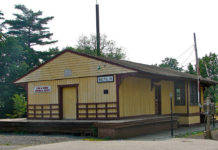Transitional housing programs can be a lifesaver in the transition process from alcohol addiction to sobriety. It is important to note however that so called “sober” living houses are not in reality sober living houses. The term “sober” is a marketing tactic to attract those with an addiction to alcoholism to a sober environment that is essentially an alcoholic detox center. Many addiction experts will testify that the best results in successful sobriety comes from the concerted effort of coordinated integrated transitional living programs. In short this means you cannot do it alone. You must have a support network in place for both your recovery and the support of others as you attempt to return to society.
As with any addiction sobered living is a multi-faceted undertaking and requires a commitment on your part to be consistent in your recovery. To succeed in sobriety you must find balance between your physical mental and emotional needs. Once you find a Transitional Housing Program you must remember to focus on your recovery and to stay connected to your recovery efforts. Make friends with other alcoholics who are also in recovery. Attend meetings and events designed for recovery oriented groups. Get involved in non-profit organizations such as churches civic groups and schools. There is no better way to receive the outside support you need than by connecting with other recovering alcoholics.
Transitional housing is an ideal way to overcome the isolation of an alcoholic detox. Not only does your life change when you move into a sober living program but your family as well. You become part of their lives and share their struggles and joys with them. With your own living space and close support network you will feel less isolated and you will be able to see your family member’s progress. This is one of the most effective forms of intervention available for recovering alcoholics.











